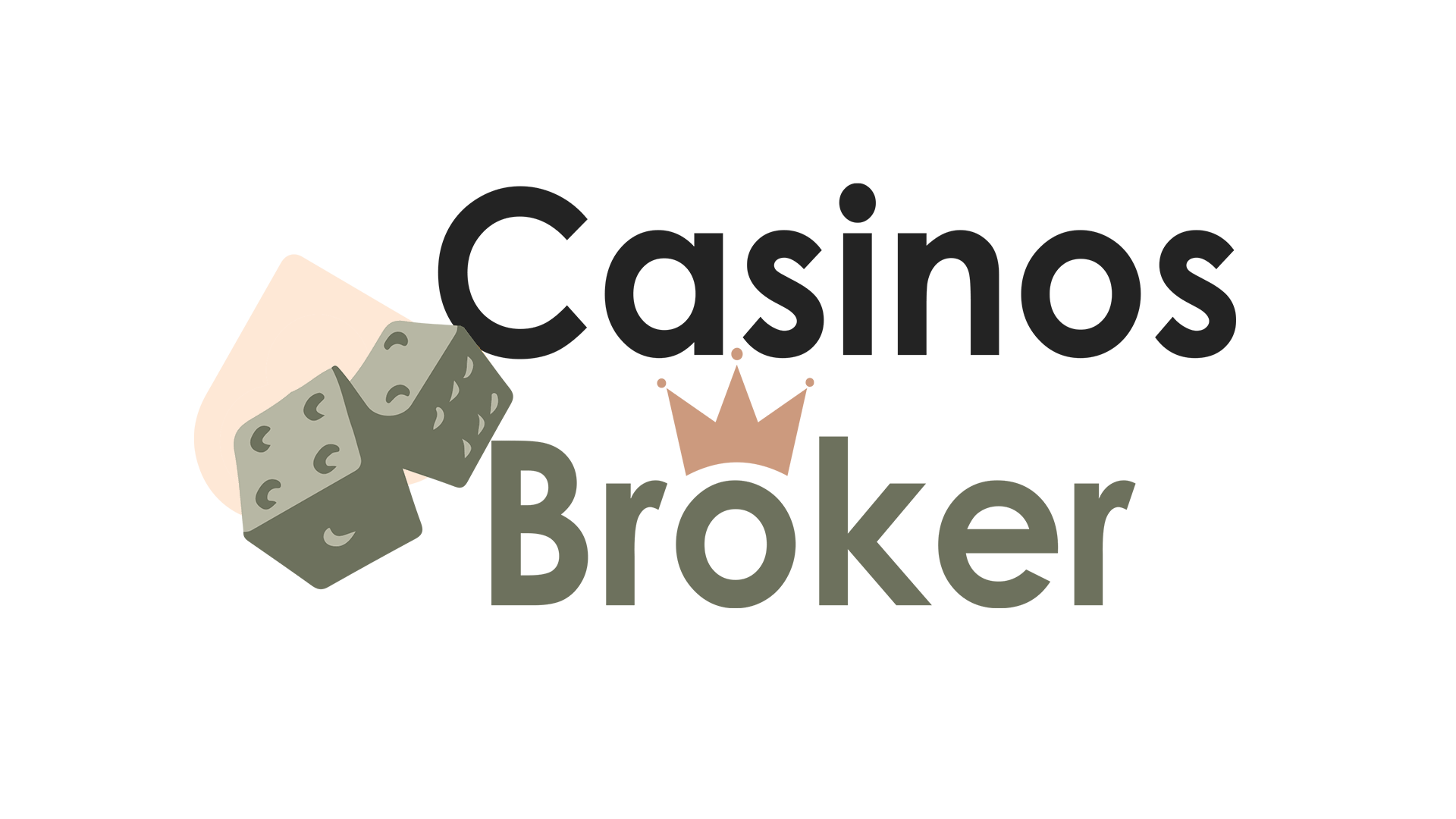When discussing business valuation vs. appraisal, the phrases are frequently used interchangeably. They actually refer to two independent procedures with unique goals and techniques. Let’s look at what distinguishes them.
Valuation vs. Appraisal: Two Key Differences
1. Intangible vs. physical assets
Physical Asset Appraisal: Physical assets such as machinery, real estate, and inventories are typically assessed. The appraiser determines the market worth by analyzing current condition, similar sales, replacement costs, and other tangible considerations.
Intangible Asset Valuation: Intangible assets such as patents, trademarks, customer lists, and even business reputation are valued. These are often more difficult to quantify, yet they frequently add significantly to a company’s worth.
2. Legal Status
Appraisal: An appraisal is typically used as a pricing reference or a benchmark and does not have legal validity. It is mostly used for internal planning and negotiating.
A valuation provides a definitive value and is commonly utilized in legal concerns such as divorce settlements, estate planning, or legal challenges. Valuations must frequently adhere to strict criteria and regulations.
Components of a Thorough Business Valuation
A better grasp of the words “business valuation vs. appraisal” distinguishes that an appraisal is part of a comprehensive business valuation since a comprehensive business valuation encompasses both the tangible and intangible parts of a company. Take a closer look:
1. Tangible Asset Appraisal
The tangible assets of the firm, such as inventory and equipment, can be valued using actual comparisons in the same way that any tangible property (such as vehicles or real estate) can. This lays the groundwork for the valuation procedure.
2. Intangible Asset Valuation
Branding, patents and trademarks, contracts, accounts receivable, customer lists, important workers, and firm reputation are examples of intangible assets. It might be difficult to assign a monetary value to intangible assets. With this in mind, and given that the value of a firm’s intangible assets typically outweighs its tangible assets (unless the company is insolvent), it is prudent to enlist the help of an experienced business broker in the valuation process.
3. Bringing Both Values Together
A well-rounded image of the complete market worth of the business is generated by calculating and adding the tangible and intangible assets. This is critical for accurate pricing and bargaining. We sometimes refer to this as “the art and science of business valuation,” and mastering it takes a lot of practice.
When Should You Seek Professional Help?
While a business evaluation can be used as an informal estimate or a pricing reference, lending institutions, property settlements, and estate actions all require a formal business valuation.
Selling a Company
If you intend to sell your firm, a formal business valuation will help you understand the full value of your company. If you are selling a business, we recommend that you acquire a formal valuation that can withstand intense scrutiny.
Legal Procedures
In legal contexts, a formal valuation is usually required to provide a solid and defensible amount.
Strategic Thinking
Understanding the value of your company’s assets, both tangible and intangible, can provide useful insights for long-term planning and growth initiatives.
Our Services
Our business brokers are seasoned professionals with decades of combined experience in business assessments and appraisals. We can:
Avoid Making Common Errors
Navigating the complexities of valuation and evaluation can be difficult. We’ll help you avoid typical pitfalls.
Deliver Actionable Insights
We will provide advise to maximize the value of your business based on our extensive knowledge.
Sales & Transition Guidance
If you decide to sell, we can handle the entire procedure for you, ensuring a smooth transition.
Understanding the difference between a business valuation and an appraisal is critical whether you plan to sell your company, are involved in legal processes, or want to know the true value of your firm. Using professionals with vast experience in both sectors guarantees that all assets are taken into account, resulting in an accurate and fair valuation.
Contact us today for a no-cost consultation to discuss how we might help you.







